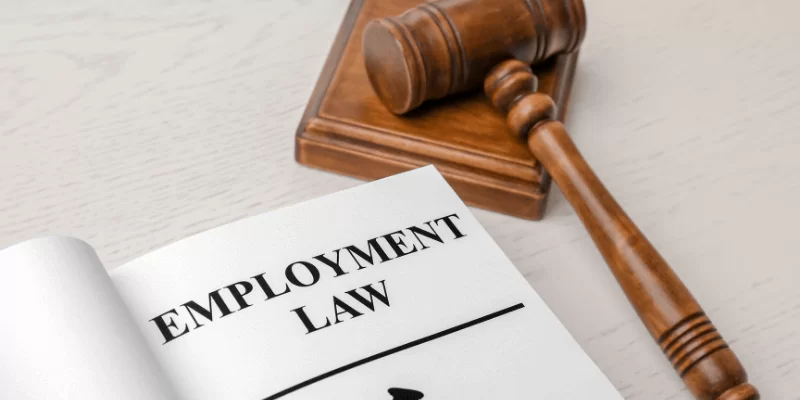
James Mallon, our HR Business Partner, provides us with updates to employment law for the month of November 2021,
The recent Employment Appeal Tribunal case of Stott v Ralli Ltd held that an employer had not discriminated against an employee with a disability, because the employer only knew of the employee’s disability after it had taken the decision to dismiss. However, a lot of this case turned on how the Claimant, a litigant-in-person, ran her arguments. The Claimant argued that the dismissal was discriminatory when she had not raised her disability in the dismissal. She did not argue in the tribunal that the appeal hearing, where she did raise her disability, was discriminatory. Had she have run her argument in this way, the outcome may well have been different. The court spent much time discussing the 2019 Employment Appeal Tribunal case, Baldeh v Churches Housing Association of Dudley and District Ltd. This case, which is still good law, held that if an employee raises a disability at an appeal hearing, but not at a first stage hearing, an employer, from that point, has knowledge of the disability and must consider it properly. Employers should therefore be wary of new information that comes to light during appeal hearings, and ensure that this is properly considered when deciding whether to uphold a decision to dismiss.
The recent Employment Appeal Tribunal case of Martin v London Borough of Southwark saw a case remitted to a new Employment Tribunal for reconsideration. This is because the initial Tribunal did not take a structured approach when assessing whether a disclosure had been made in a whistleblowing case. For whistleblowing to succeed, the law requires a fivefold test to be met:
Whistleblowing falls under something called “Automatic Unfair Dismissal” meaning it is one of the few occasions where an employee does not need two years’ service to bring an unfair dismissal claim. If you have an employee making allegations that you have not complied with the law, ensure that you take the complaints seriously and deal with them thoroughly, for fear an employee could bring an action in the Employment Tribunal, even with very little service.
The recent Supreme Court case of Kostal v Dunkley and others held that an employer can make offers directly to employees who are covered by collective bargaining, without being liable to penalties for circumventing the union, only in narrow circumstances, and only when collective bargaining has been exhausted. The fact that this case went all the way to the Supreme Court shows how unclear the law is, and employers are encouraged to only circumvent unions with clear legal advice.
In considering whether someone is legally classified as a worker or self-employed, one of the tests is whether the person has the “right of substitution.” If the person can send someone else on their behalf the complete the work, they are very likely to be considered self-employed, and not a worker. The Court of Appeal, in Stuart Delivery Ltd v Augustine, recently had to consider whether a moped courier’s ability to release a slot to other couriers via an app was a sufficient right of substitution to make him self-employed. In this case, the Court of Appeal held that it was not a sufficient right of substitution. In fact, the worker could request other people to take the work via the app, but if they did not accept the work, he had to complete the work himself. It was for this reason that it was not a genuine right of substitution and he was a worker. If you need help on understanding whether your staff are employees, workers or self-employed, or if you want contracts drawn up to confirm their status, contact your HPC adviser today.
Nothing on this site constitutes legal advice. Specialist advice should be taken in relation to specific circumstances. The contents of this site are for general information purposes only. Whilst we endeavour to ensure that the information on this site is correct, no warranty, express or implied, is given as to its accuracy and we do not accept any liability for error or omission. We shall not be liable for any damage (including, without limitation, damage for loss of business or loss of profits) arising in contract, tort or otherwise from the use of, or inability to use, this site or any material contained in it, or from any action or decision taken as a result of using this site or any such material. Some of the material on this site may have been prepared some time ago. Please contact us if you need a comprehensive and up-to-date statement of the relevant law.
If you have any concerns or would like to discuss the Employment Law Update | August 2021 further, please get in contact with the HPC team today.
T: 0844 800 5932
E: contact@highperformanceconsultancy.com
Twitter: @HPC_HRServices